Title: Quantification of Carbon Flux Patterns in Ecosystems: A Case Study of Prince Edward Island
Journal: Land
DOI: https://doi.org/10.3390/land13101692
Abstract: Mitigating climate change by reducing heat-trapping greenhouse gas (GHG) emissions in the Earth’s atmosphere is a critical global challenge. In response to this urgency, the Canadian government has set a target of achieving zero emissions by 2050. The Government of Prince Edward Island (PEI) has committed to becoming Canada’s first net-zero province by 2040. Achieving this goal requires an extensive knowledge of emissions arising from ecosystem dynamics in PEI. Therefore, this study aims to quantify the carbon fluxes of these ecosystems, offering insights into their role in GHG emissions and removals. Through an extensive literature review and analysis, this research provides a detailed assessment of the potential carbon flux contributions from various ecosystems across PEI. High-resolution maps for carbon emissions, removals, and flux for the years 2010 and 2020 were developed, highlighting key findings on carbon dynamics. Additionally, a web-based tool was developed to allow decision makers and the general public to explore these carbon flux maps interactively. This work aims to inform policy decisions and enhance strategies for effective climate change mitigation in PEI.

Here in the Climate Smart Lab, we are a group of people developing sustainable climate solutions with cutting-edge technologies to help build climate-resilient communities. Collectively, we are working together with experts from all disciplines to build a climate-smart future for the next generation and many generations to come.